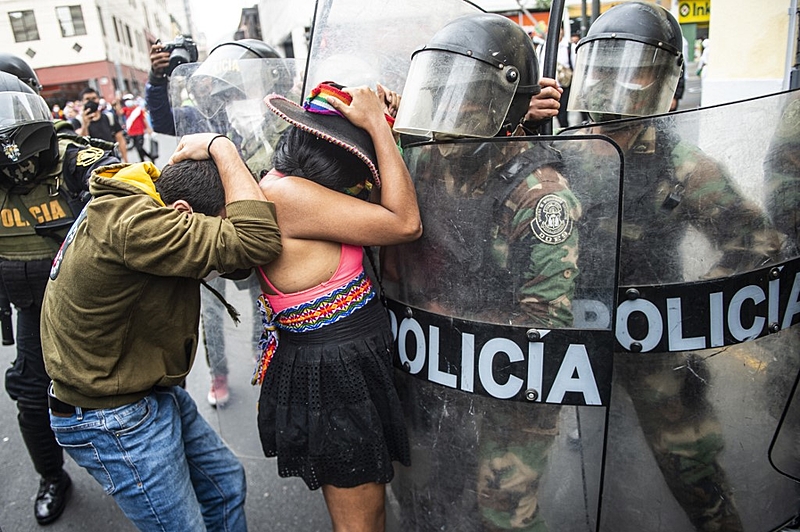RIO DE JANEIRO, BRAZIL – The Global Initiative against Transnational Crime (GI-TOC) released its first Global Organized Crime Index on September 28. The research results from two years of work and aims to assess the extent of crime and the capacity to fight crime in the 193 member states of the United Nations.
It is hoped that the index will use this data to contribute to a genuinely global response to the threat of transnational organized crime.
Among the key findings is that more than three-quarters of the world’s population live in countries with high crime rates and low capacity to combat organized crime. Asia, in turn, has the highest crime rate.
Another finding is that in weak or unconsolidated democracies, state actors play a vital role in developing the illicit economy. State actors also hinder or weaken the institutional capacity to combat organized crime in countries with weak states.
Read also: Check out our coverage on Peru
According to the index, the Democratic Republic of Congo is the lowest-rated country in the world, with a score of 7.75 out of 10, followed by Colombia (7.66), Myanmar (7.59), Mexico (7.56), and Nigeria (7.15). By contrast, the highest-rated country in the region is Uruguay, with a score of just 2.69.

In terms of Peru’s specific performance, we can see that it ranks 9th out of 35 at the U.S. level and 5th out of 12 at the South American level. However, a more detailed analysis shows that Peru has one of the worst performances in the world in crimes against non-renewable resources, such as illegal mining or cocaine trafficking, with a score of 9 out of 10.
Regarding the capacity to fight organized crime, the lowest scores are obtained in relation to political leadership. In this regard, the report points out that our country suffers from an extremely high level of corruption that reaches the highest levels of public power. This fragility of leadership significantly affects governance and the credibility of the political system in general.
The study underscores the corrosive effects of the constant turnover of responsibilities in the executive branch. For the experts responsible for the report, it is striking that Peruvian presidents are in prison, under investigation, or on the run from justice.
As if this were not enough, the document also mentions that the authorities are accused of crimes at the regional level, including collusion with drug traffickers, loggers, and illegal miners.
How did Peru get to this situation? The lack of legitimacy of the agencies in charge of fighting crime undoubtedly has a negative impact. It is worth recalling that, according to Latinobarómetro 2018, Peruvian citizens’ trust in their police is 32%, below the Latin American average of 35% and far behind other South American countries such as Uruguay (59%), Chile (48%), Ecuador (46%) and Argentina (38%).
Trust in the judiciary is also the third-worst in the region, at only 16%. It is also important to note that the enormous instability in the Ministry of the Interior has affected the development, implementation, and monitoring of measures to combat crime.
Since 2000, 36 ministers have been appointed to the Ministry of Interior. With such a degree of change, it is tough to fight corruption strategically and coherently.
Finally, it is essential to note that there are some positive initiatives. The National Multisectoral Policy to Combat Organized Crime 2019-2030, the National Policy to Combat Trafficking in Persons and its Forms of Exploitation by 2030, and the National Multisectoral Policy to Combat Terrorism are management tools developed under the CEPLAN methodology. Thus, the Ministry of Interior already has solid tools to fight crime in various manifestations; Peru should not lose another minute.

